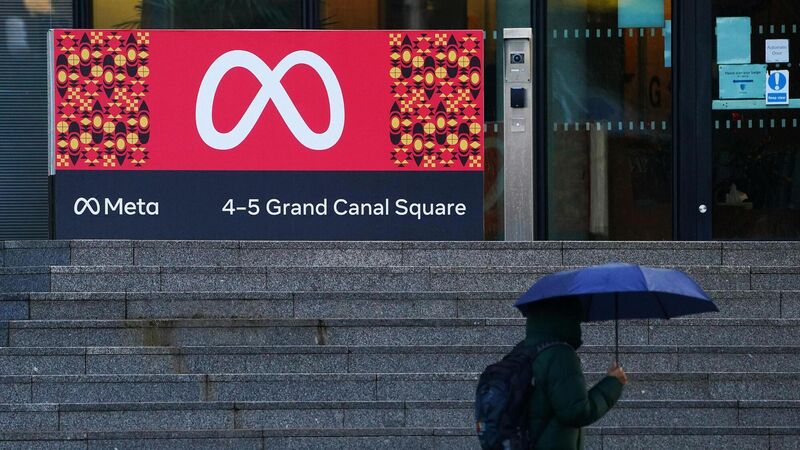Studies that found Meta algorithms do not drive misinformation are misleading, say researchers

A view of Facebook parent company Meta's headquarters in Dublin.
Researchers have claimed to have debunked studies funded by Facebook owner Meta that found its algorithms are not major drivers of misinformation online.
The team led by UCD assistant professor Przemek Grabowicz found while such platforms can limit untrustworthy content online, they often choose not to.













